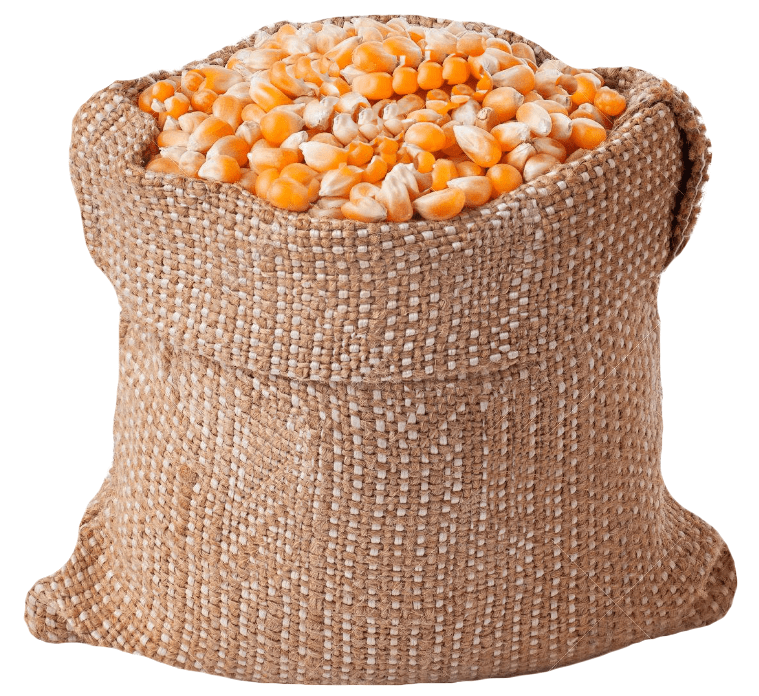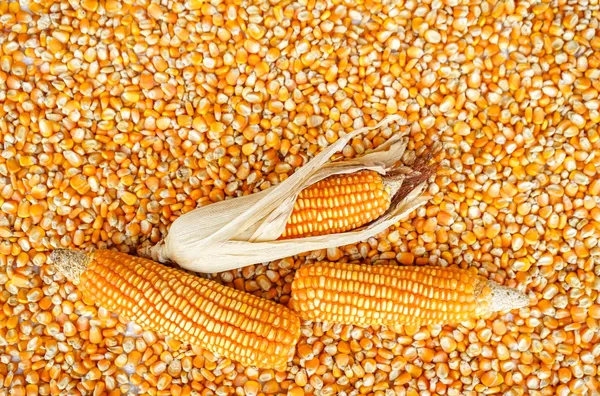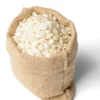Bulk Yellow Maize for Sale: A Comprehensive Guide
Yellow maize, also known as corn, is a staple crop with numerous applications in food, animal feed, and industrial products. If you are looking to purchase Bulk Yellow Maize For Sale, this guide will provide you with essential information, including its benefits, uses, and where to find suppliers.
Yellow maize is a variety of corn that is distinguished by its yellow kernels. It is rich in carbohydrates, vitamins, and minerals, making it a valuable food source. This type of maize is widely cultivated in many regions around the world, particularly in the Americas, Africa, and Asia.
1. Nutritional Value
Yellow maize is packed with essential nutrients, including:
- Carbohydrates: A primary energy source.
- Fiber: Aids digestion and promotes gut health.
- Vitamins: Rich in vitamins A, C, and several B vitamins.
- Minerals: Contains important minerals such as magnesium, phosphorus, and potassium.
2. Versatility
This grain can be used in various forms:
- Food Products: Used to make tortillas, cornbread, polenta, and breakfast cereals.
- Animal Feed: A common ingredient in livestock and poultry feed.
- Industrial Uses: Employed in the production of biofuels, sweeteners, and starches.
3. Economic Benefits
Buying in bulk can lead to significant cost savings. It is an excellent choice for businesses, farmers, or individuals looking to stock up for future use.
1. Human Consumption
Yellow maize is a staple food in many cultures. It can be ground into flour, used as a vegetable, or processed into various food products.
2. Animal Feed
A significant portion of yellow maize production is used for animal feed. It is a crucial component in the diets of cattle, pigs, and poultry.
3. Industrial Applications
In addition to food and feed, yellow maize is utilized in industries for:
- Bioethanol Production: Used as a renewable energy source.
- Food Additives: Such as corn syrup and starch.
- Bioplastics: Emerging as a sustainable material.
1. Local Farmers and Co-ops
Purchasing directly from local farmers or agricultural cooperatives can be a great way to source quality maize while supporting local economies.
2. Agricultural Markets
Many regions have agricultural markets where bulk grains, including yellow maize, are sold. These markets often provide fresh produce at competitive prices.
3. Importers and Distributors
For large-scale purchases, consider contacting importers or distributors who specialize in agricultural products. They can provide competitive pricing and ensure quality.
- Check Quality: Ensure that the maize is free from pests, mold, and foreign materials.
- Understand Pricing: Prices can vary based on quality, region, and market conditions. Compare different suppliers to find the best deal.
- Storage Conditions: Consider how you will store the maize after purchase. It should be kept in a cool, dry place to maintain quality.
- Certifications: Look for suppliers who provide certifications for organic or non-GMO maize if that is important to you.
moisture max 14%
broken grains max 5%
damaged grains max 5%
foreign matters max 2%
moisture : 14.0% max.
total damaged kernels : 3.0% max.
protein : 9.0% min.
admixture : 2.5% max.
aflatoxin total : 20.0% max.
hectoliters : 72 kc max.
humidity : 14.5% max.
weight of bushel/lbs : 54 min.
radiation : none
other grains : 1.5% max.
other natural colour : 5.0% max.
type varity : 5.0% max.









Reviews
There are no reviews yet.